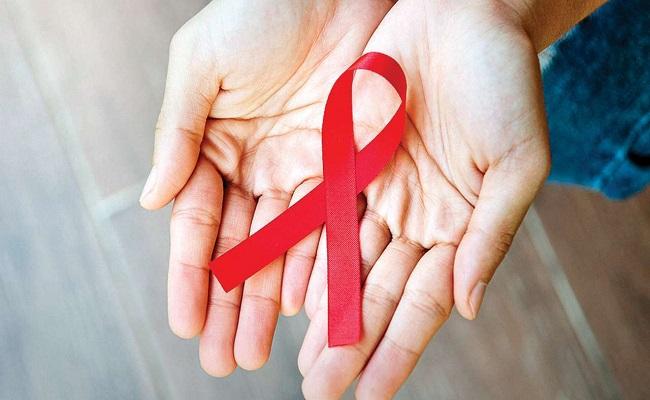In A First, Stem Cell Transplant Cures HIV Infected Woman

A study finds the first lady cured of HIV after a stem cell transplant.
A stem cell transplant cures an HIV-infected woman for the first time.
Washington: After undergoing a stem cell transplant, a leukaemia patient in the United States has become the first woman and third person to be cured of HIV, the virus that causes AIDS, according to researchers.
Despite stopping the antiretroviral medication, the lady has had no detectable levels of HIV for 14 months, according to the researchers, who presented their findings at the Conference on Retroviruses and Opportunistic Infections (CROI) in the United States on Tuesday (ART).
Stem cells have the unique potential to differentiate into many types of cells in the body.
According to the National Institutes of Health (NIH), this is the third known case of HIV remission in a person who received a stem cell transplant.
Two examples of HIV remission following a stem cell transplant have previously been reported.
Also Read: This Deltacron Variant is Vaccine Resistant, Say Experts
The first, a Caucasian male is known as the "Berlin patient", experienced HIV remission for 12 years and was deemed cured of HIV. He died of leukaemia in September 2020.
A Latino male called the "London patient" has been in HIV remission for more than 30 months.
According to the study team, this third example implies that cord stem cell transplantation should be investigated for HIV remission and cure among people living with HIV who require such a transplant for other conditions.
The investigation was conducted by researchers from the University of California, Los Angeles and Johns Hopkins University as part of the International Maternal Pediatric Adolescent AIDS Clinical Trial Network (IMPAACT) P1107 observational trial.
The IMPAACT P1107 research began in 2015 intending to describe the results of up to 25 HIV-positive people.
The case presented at the meeting was a lady of mixed race origins who had been on antiretroviral therapy (ART) for four years when she was diagnosed with acute myeloid leukaemia.
After treatment, she was able to attain remission from acute myeloid leukaemia. The participant's HIV was well-controlled but detectable before the stem cell transplant.
In 2017, she received a transplant of cord blood stem cells from a cousin, along with adult donor cells.
The woman was engrafted with 100% cord blood cells on day 100 after having the stem cell transplant and had no detectable HIV, according to the researchers.
The patient stopped taking ART 37 months after the transplant, according to the researchers.
Except for a temporary detection of HIV DNA in the woman's blood cells 14 weeks after ceasing ART, no HIV was discovered in the participant for 14 months, according to the study team.




